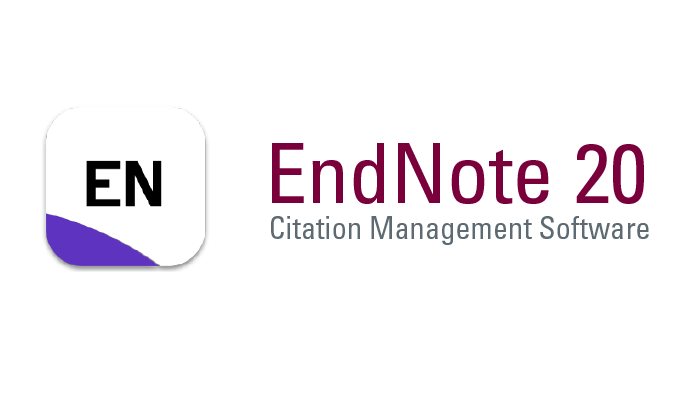EKONOMI SYARIAH SEBAGAI FONDASI EKONOMI KERAKYATAN
(Analisis UU Nomor 21 Tahun 2008 Tentang Perbankan Syariah)
DOI:
https://doi.org/10.47887/amd.v6i1.190Keywords:
Citizen Economy, Sharia Economy, Sharia BankingAbstract
Law Number 21 of 2008 concerning Sharia Banking is a statutory regulation that regulates the sharia economy in Indonesia. This law came into force on 16 July 2008. This law regulates: Sharia principles, economic democracy, prudence in sharia banking, sharia bank business licensing, types and business activities of sharia banks, feasibility of channeling funds, controlling shareholders, board of commissioners and directors, sharia supervisory board and governance. In compiling this article, the author used qualitative research using library research. As for the nature of the research, the author uses descriptive research. Before discussing the concrete forms of economic welfare and sharia economics, it is necessary to first know the similarities in the characteristics of the Indonesian economy, namely the people's economy and the sharia economy. The characteristics of popular economics that apply in Indonesia are divinity, humanity, unity, deliberation and social justice. Characteristics of sharia economics: Sourced from God and religion, moderate and balanced economy, sufficient and just economy, and growth and blessing economy.
References
Al-Fanjar, M. syauqi. (1988). Ekonomi Syariah Masa Kin. Darul Fikir.
Azizi, B. A. (2023). Pengembangan Ekonomi Syriah Pasca 2024. Mediaindonesia.Com. https://mediaindonesia.com/opini/607406/pengembangan-ekonomi-syariah-pasca-2024?utm_source=chatgpt.com ,jam 11.30 pada tanggal 21 April 2025
Beni Ahmad Saebani. (2008). Metode Penelitian. PUSTAKA SETIA.
Darwis, A. (2014). Metode Penelitian Pendidikan Islam. Raja Grafindo Persada.
Mohammad Hatta. (1971). embangun Koperasi dan Ekonomi Rakyat. Lembaga Penerbitan dan Penyebaran Ekonomi Sosial.
Mubarto. (2007). Pelaksanaan sistem ekonomi Pancasila di tengah praktek liberalisasi ekonomi di Indonesia. https://indonesiaindonesia.com/threads/pelaksanaan-sistem-ekonomi-pancasila-di-tengah-praktek-liberalisasi-ekonomi-di-i.8800/
Nasution, H. (1986). Pembaharuan Dalam Islam: Sejarah Dan Gerakan. Bulan Bintang.
Nasution, M. E., Setiyanto, B., Huda, N., Muntanni, M. A., & Utama, B. S. (2006). Pengenalan Eksklusif ekonomi Syariah. kencana perdana media group.
QS. Al-Maidah : 2. (n.d.).
Sudarsono, H. (2004). Ekonomi Islam: Suatu Pengantar, Ekonisia. Universitas Ekonosia.
Sugiyono. (2013). Metode Penelitian Kuantitatif,Kualitatif dan R&D. Alfabeta.
Suharsimi Arikunto. (2006). Prosedur Penelitian : Suatu Pendekatan Praktik. Rineka Cipta.
Sulaiman, S. (2019). Mazhab Pemikiran Ekonomi Islam Kontemporer. Bilancia: Jurnal Studi Ilmu Syariah Dan Hukum, 13(1), 163–200. https://doi.org/10.24239/blc.v13i1.460 DOI: https://doi.org/10.24239/blc.v13i1.460
Syahruddin el-fikri. (2008). Kembali ke Khittah UUD 1945.
Waluyo. (2023). Pembaharuan Fiqih Ekonomi Islam. Penerbit Gerbang Media Aksara.
Downloads
Published
How to Cite
Issue
Section
License
Copyright (c) 2025 Muhammad Yunus, Mulkan Syahriza

This work is licensed under a Creative Commons Attribution-ShareAlike 4.0 International License.
Authors retain copyright and grant the journal right of first publication and this work is licensed under a Creative Commons Attribution-ShareAlike 4.0 that allows others to share the work with an acknowledgement of the works authorship and initial publication in this journal.
All articles in this journal may be disseminated by listing valid sources and the title of the article should not be omitted. The content of the article is liable to the author.
Authors are able to enter into separate, additional contractual arrangements for the non-exclusive distribution of the journal's published version of the work (e.g., post it to an institutional repository or publish it in a book), with an acknowledgment of its initial publication in this journal.
Authors are permitted and encouraged to post their work online (e.g., in institutional repositories or on their website) prior to and during the submission process, as it can lead to productive exchanges, as well as earlier and greater citation of published work.
In the dissemination of articles by the author must declare the Al-Madaris Jurnal Pendidikan dan Studi Keislaman as the first party to publish the article.














